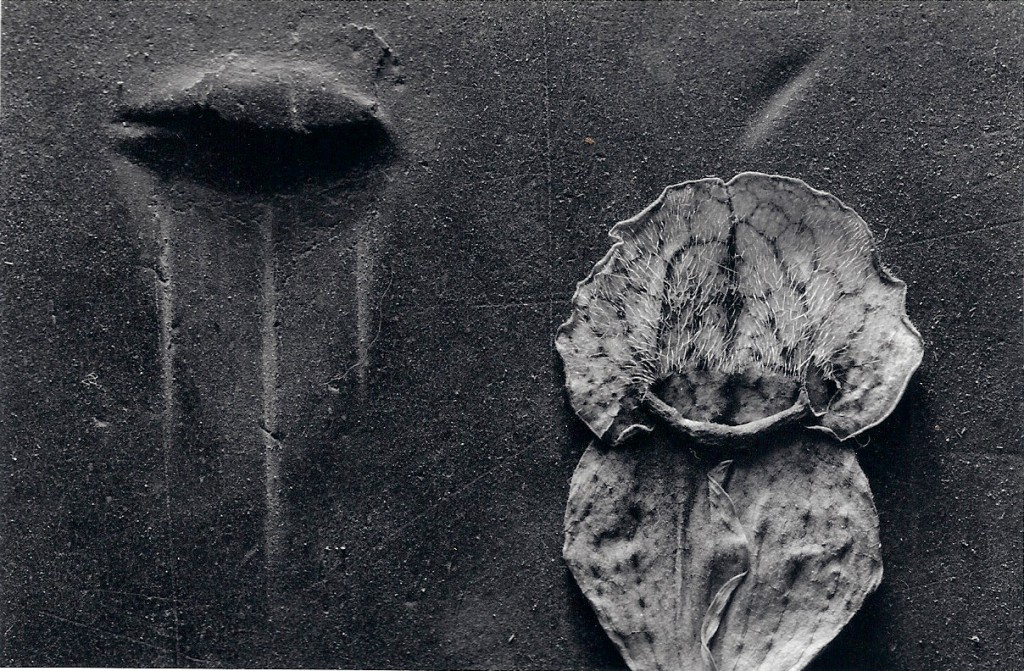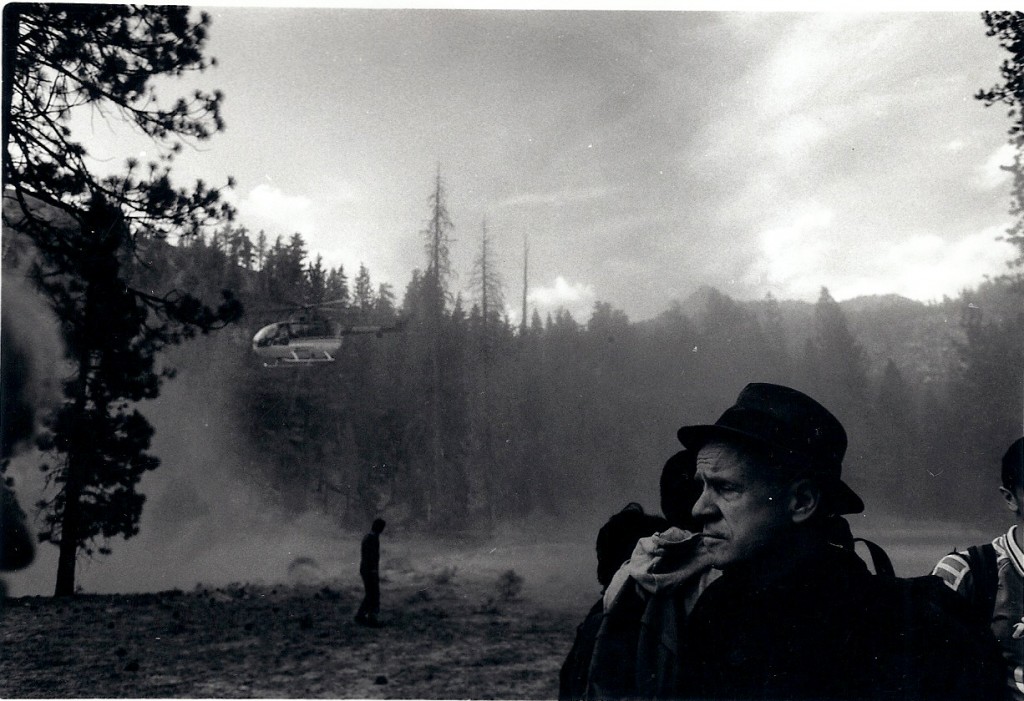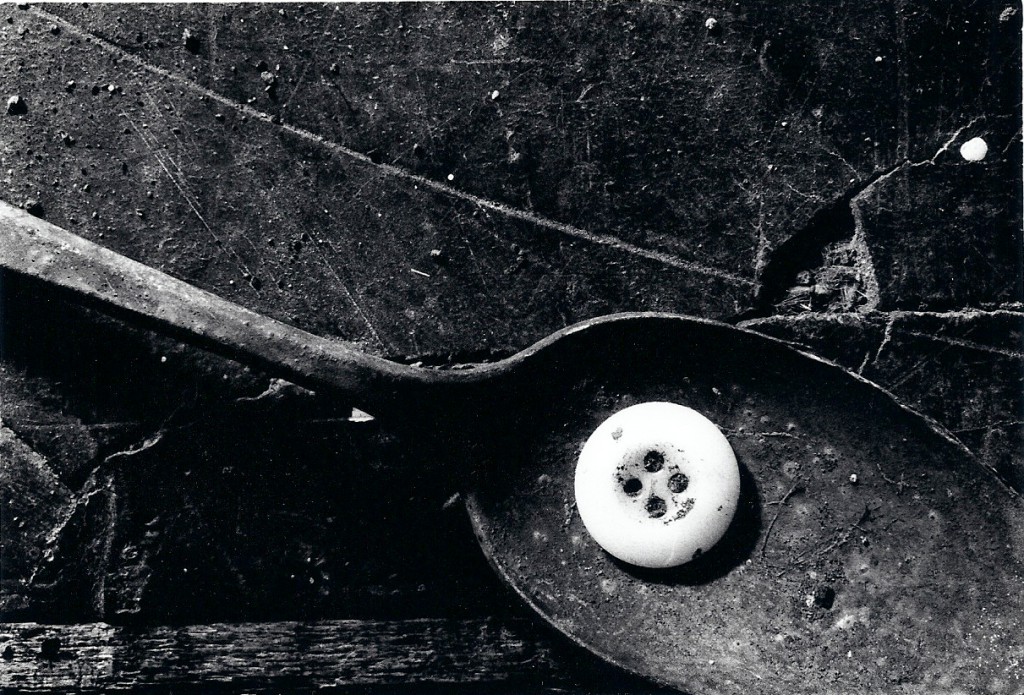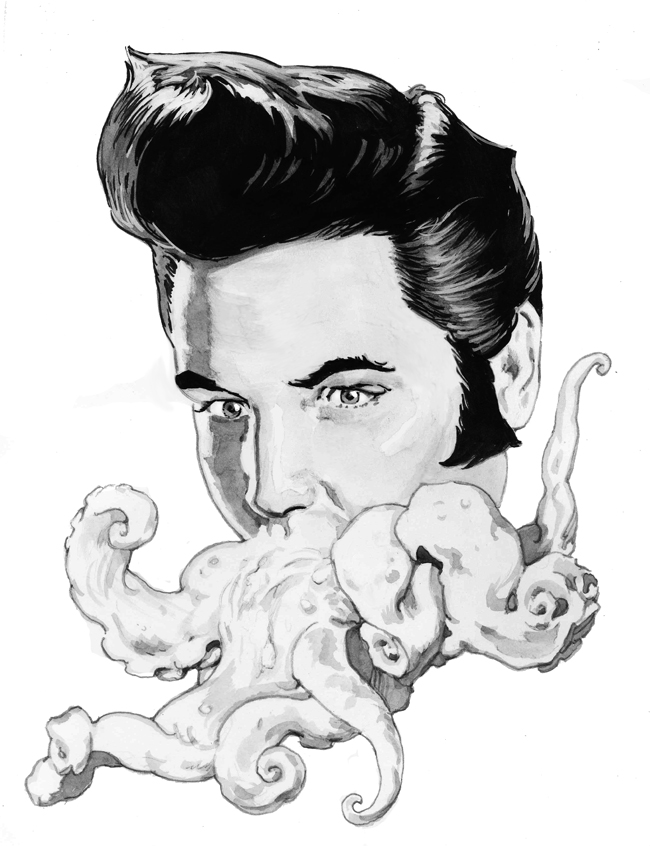Poker-Cheating Ghost Systems: Theory and Application
PCG is pleased to announce the publication of the inaugural issue of Poker-Cheating-Ghost Systems: Theory and Application, edited by Professor Ghostmurderer (Institute for Poker-Cheating-Ghost Systems Studies, Nanjing University of Eerionautics and Psionautics, China).
Poker-Cheating-Ghost Systems: Theory and Application is devoted to the international advancement of the theory and application of Poker-Cheating-Ghost systems. It seeks to foster professional exchanges between scientists and practitioners who are interested in the foundations and applications of Poker-Cheating-Ghost systems. Through the pioneering work on Poker-Cheating-Ghost systems completed during the past years, Poker-Cheating-Ghost systems theory has become an important ingredient in the development of information processing.
Poker-Cheating-Ghost systems-based techniques are powerful tools in addressing those systems in which information is partially known and partially unknown, by relying on ghosts willing to leak information to which only ghosts are privy. The theory of Poker-Cheating-Ghost systems now encompasses a rich corpus including Poker-Cheating-Ghost programming, system analysis, Poker-Cheating-Ghost generating, Poker-Cheating-Ghost modelling, Poker-Cheating-Ghost prediction,Poker-Cheating-Ghost decision-making, and Poker-Cheating-Ghost control. Articles that appear in the journal will contain theory and applications of Poker-Cheating-Ghost systems as well as various contributions of hybrid approaches combining Poker-Cheating-Ghost systems with other theories for tackling uncertain information more effectively and efficiently.
The first issue contains eight excellent articles, written by some of the leading academics in the Poker-Cheating-Ghost systems theory and application field:
- Novel models of Poker-Cheating-Ghost relational analysis based on visual angle of similarity and nearness (Liu Fantom, Xie Spooking, Scary Forrest)
- Complete analysis of bankruptcy syndrome using Poker-Cheating-Ghost systems theory (Emil Scaredycat and Camelia Cardtrick)
- Application of Poker-Cheating-Ghost theory approach to evaluation of organizational vision (Scariborz Rahimnia and Scaredi Moghadasian)
- Poker-Cheating-Ghost system model with time lag and application to simulation of karst spring discharge (Boo Yonghong, Wang Nightcrie, Zhao Ghostjuan and Eeri Huamin)
- Reliability of operations of Poker-Cheating-Ghost numbers using kernels (Yang Fright and Liu Haunt)
- p-moment exponential robust stability of Poker-Cheating-Ghost neutral stochastic delay systems (Bu Chunhua)
- Research on generalized non-equidistance GM (1,1) model based on matrix analysis (Xiao Chilz and Peng Terror)
- Research on location-routing problem of reverse logistics with Poker-Cheating-Ghost recycling demand based on PCG (Var.)








